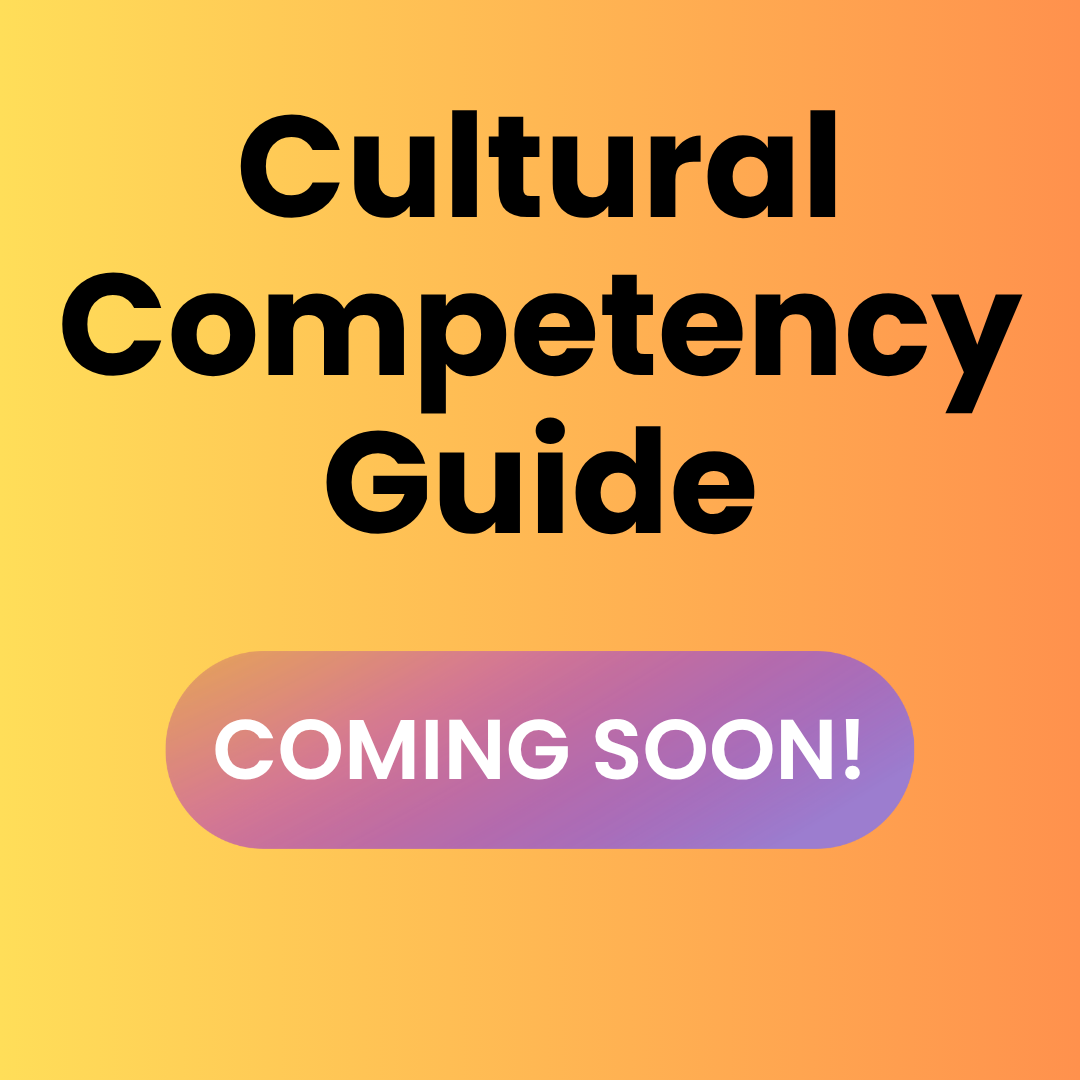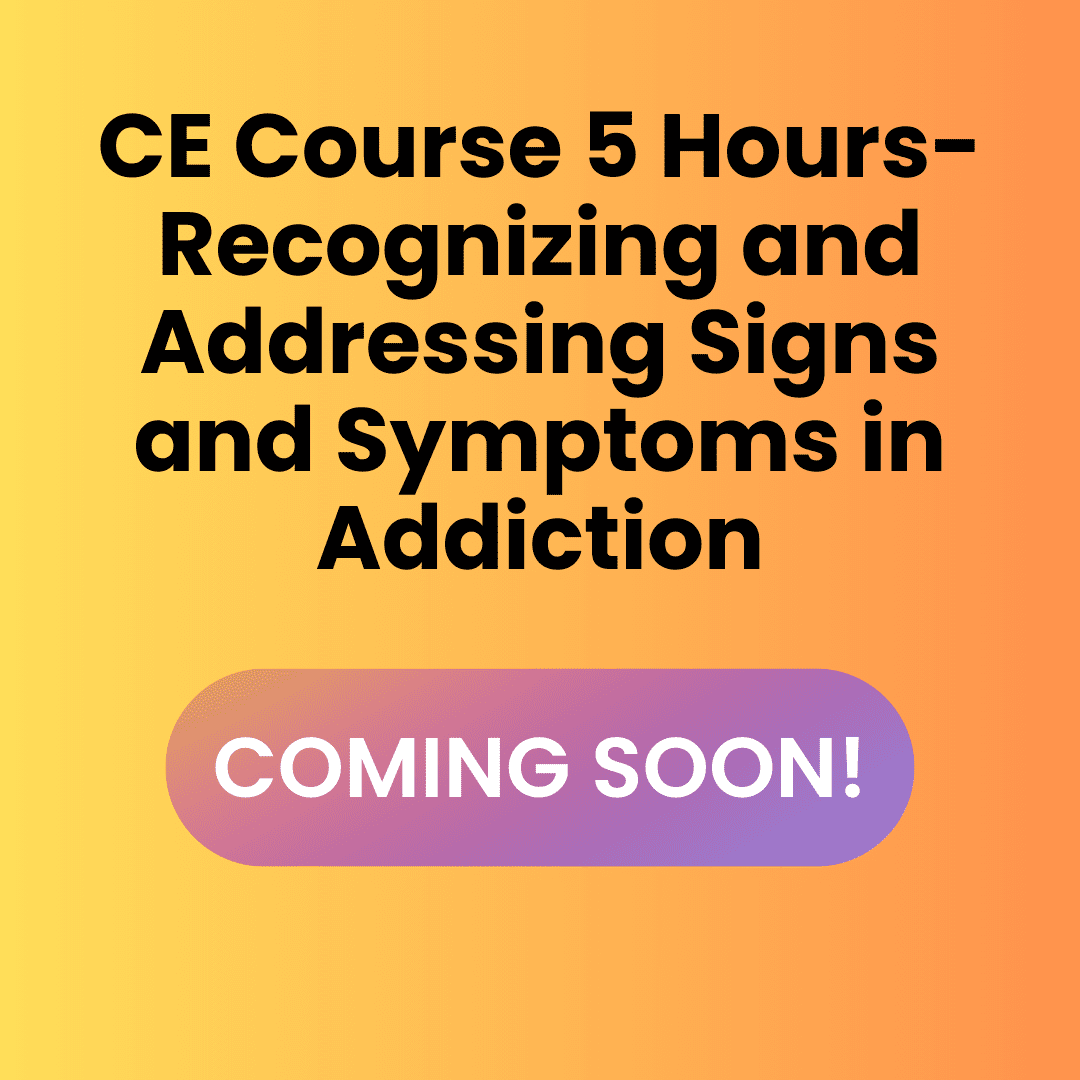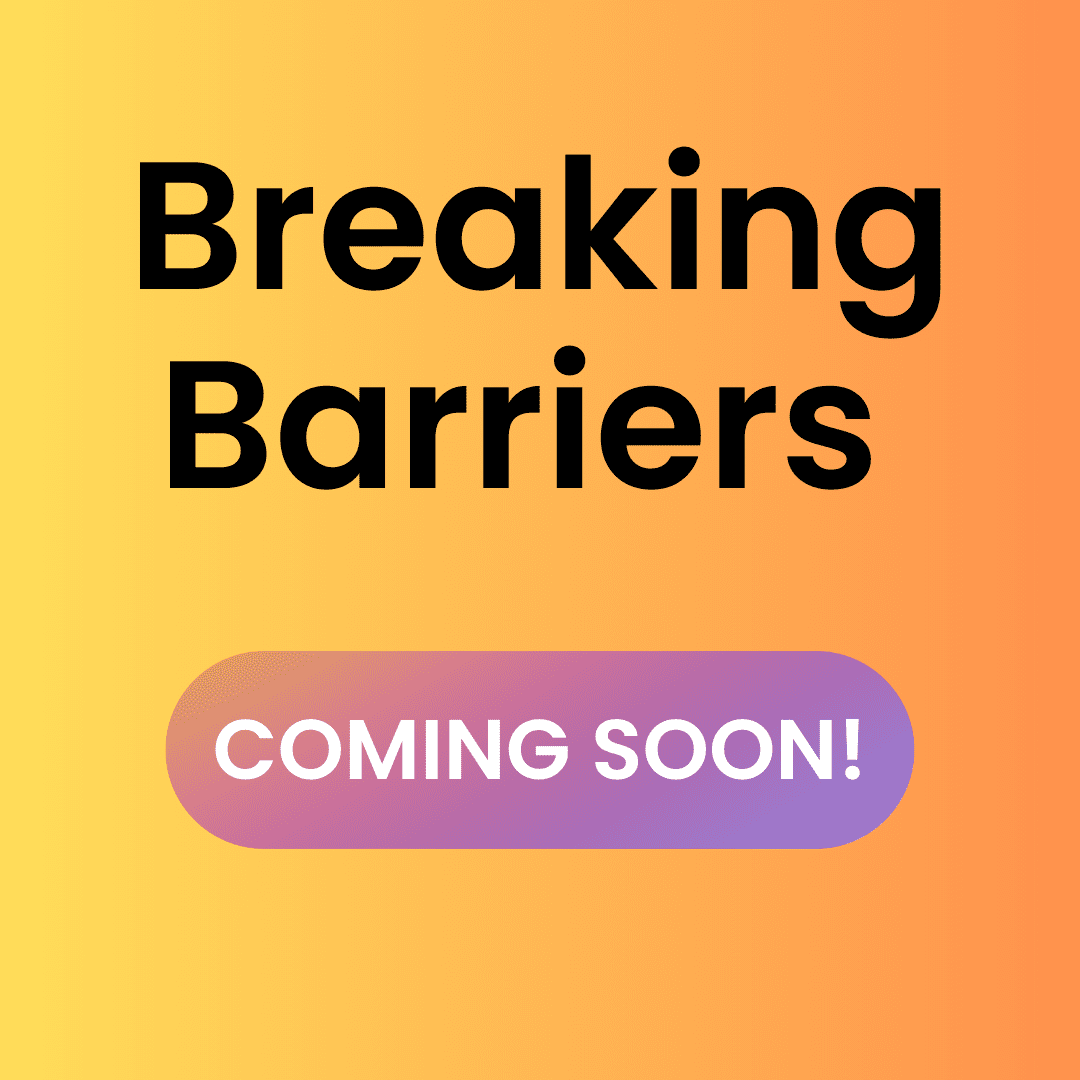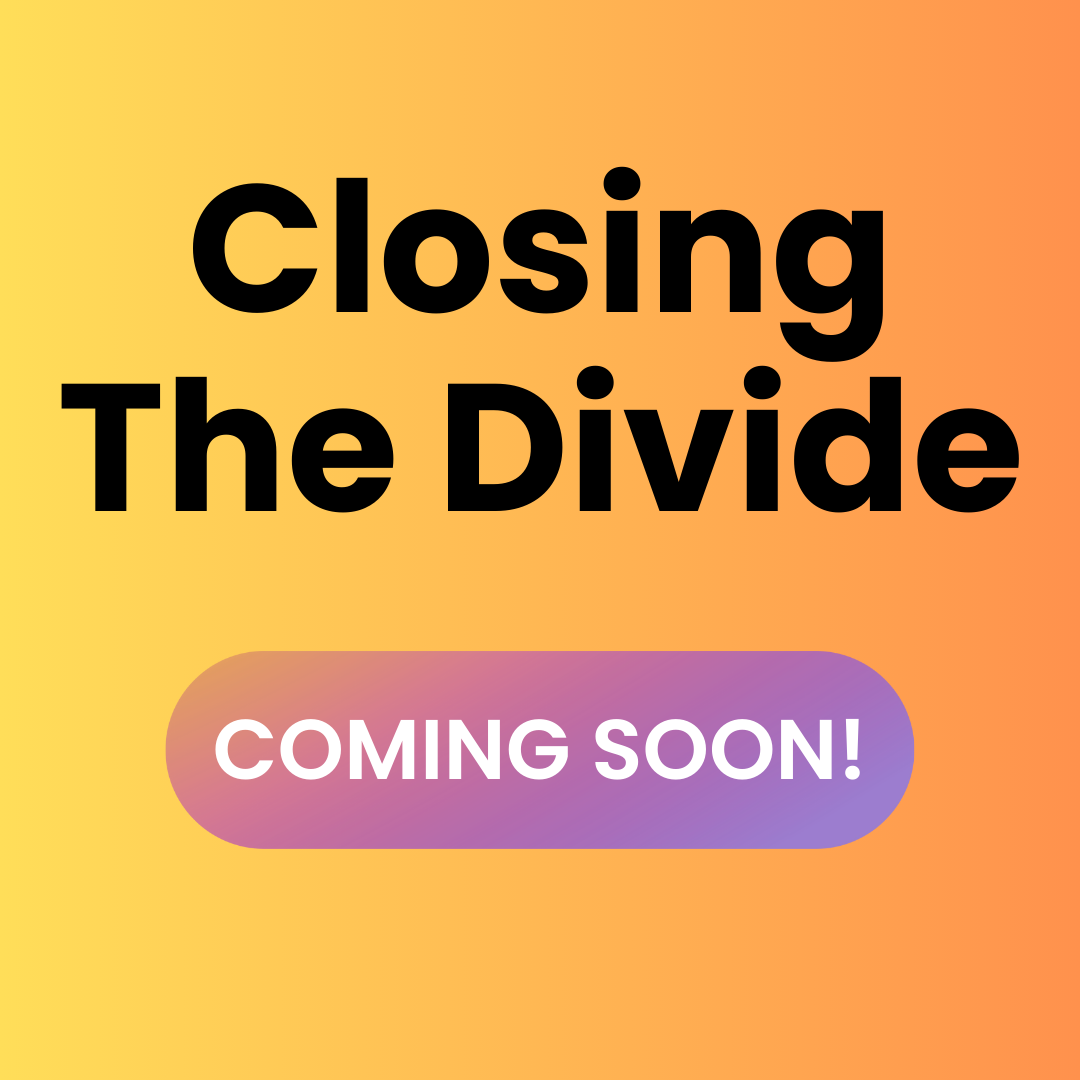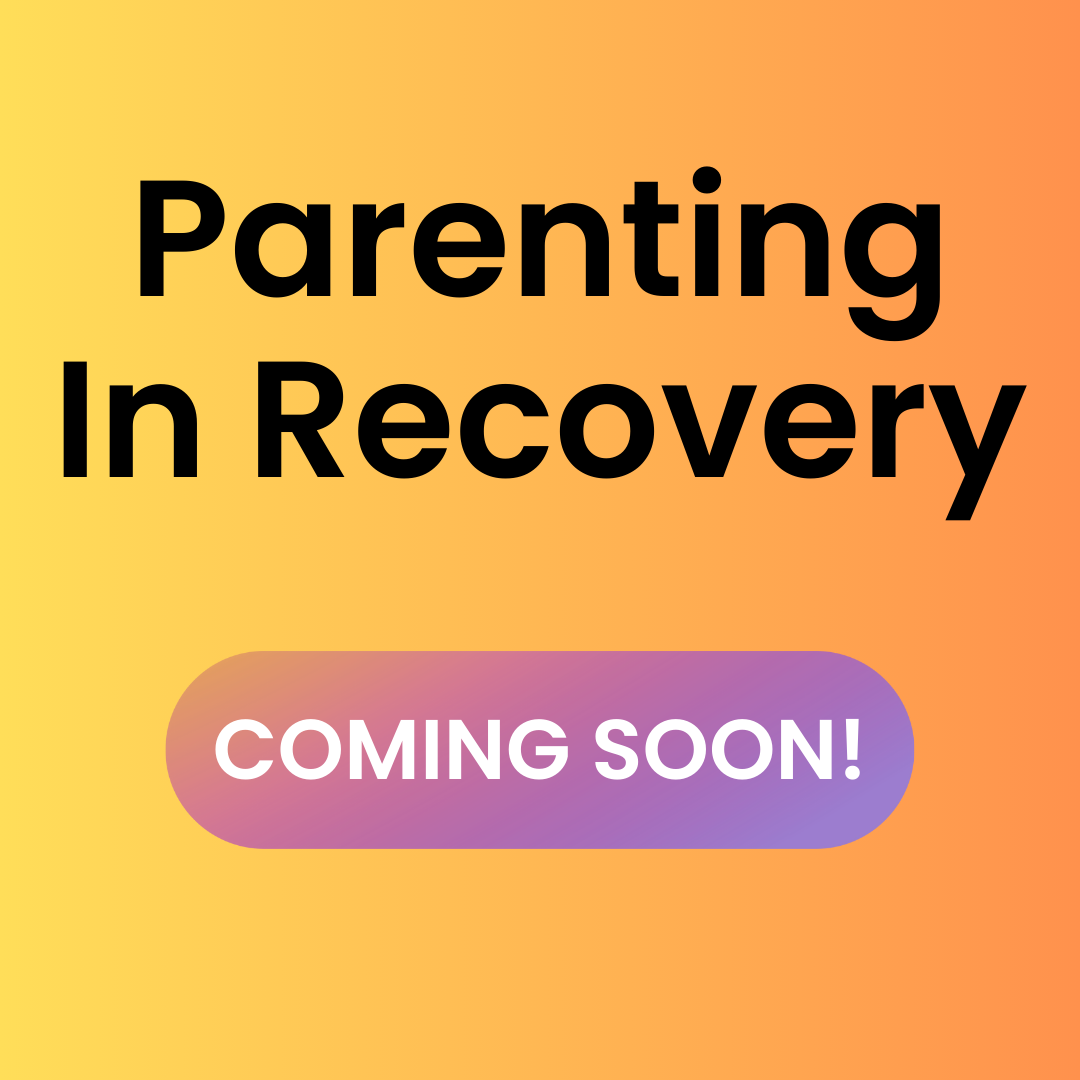Blog #1 in the New Clinician Survival Kit Series (“I hate group therapy!”)
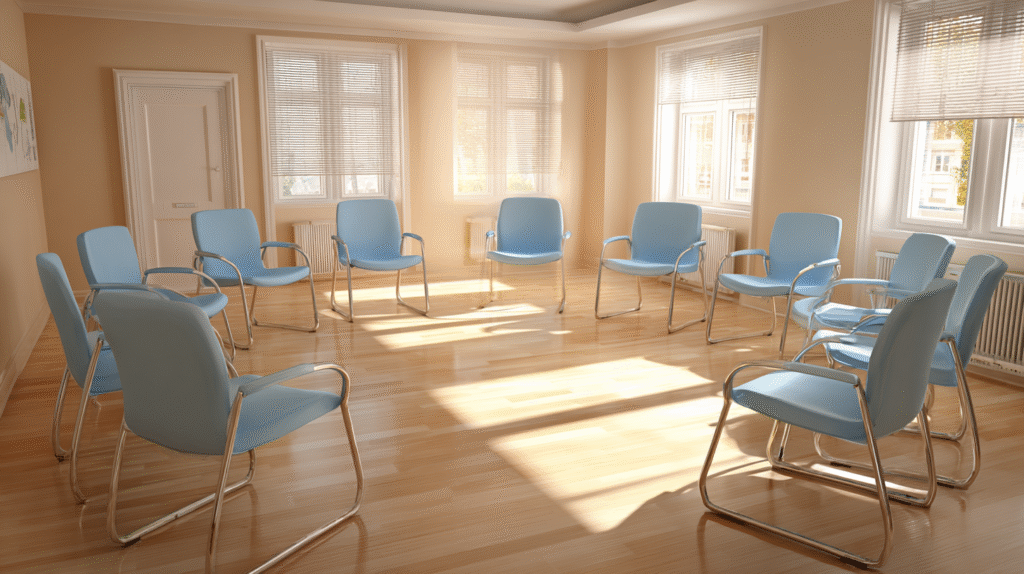
“I hate group therapy.”
“You’re not alone. This doesn’t make you a bad clinician. It makes you human.” I used to dread group therapy sessions. My stomach would knot up every time I saw them on my schedule. The unpredictability overwhelmed me. Multiple personalities in one room. The constant fear of losing control.
Today, if I could only do group therapy – especially with adolescents – I’d be in heaven. In fact, I loved it so much that I left clinical practice entirely to build a business helping other clinicians discover what I discovered: group therapy can become the most rewarding part of your week.
The Terror Was Real

Those early group sessions were terrifying for reasons I couldn’t even articulate at the time. Questions I couldn’t answer felt like public humiliation. When clients confronted our group concepts – completely normal and good for their development – they exposed my inexperience.
I remember one particular session where I was being forced into a power struggle by a client. They wouldn’t leave when I asked the group to take a break. Instead of buckling down and losing what felt like an inevitable battle, I enforced a group break for everyone. At the time, it felt like admitting defeat. Looking back, it was actually a bold move that taught me more about group dynamics than any textbook ever could.
After that session, I debriefed with the clients about what happened. We all learned from it – about boundaries, respect, and conflict resolution.
The Subtle Shift from “I hate group therapy” to “this isn’t so bad”
The shift didn’t happen overnight. It crept in as my confidence grew. I started feeling more comfortable handling whatever group therapy threw at me. Instead of dreading the unpredictable moments, I began to look forward to them.
I threw myself into preparation, spending hours finding unique and creative activities to bring to group. Not just packets or worksheets to read through (though those have their place too), but interactive experiences that would actually engage my clients. Art exercises became a favorite – there’s something about creating together that breaks down barriers in ways talking never could.
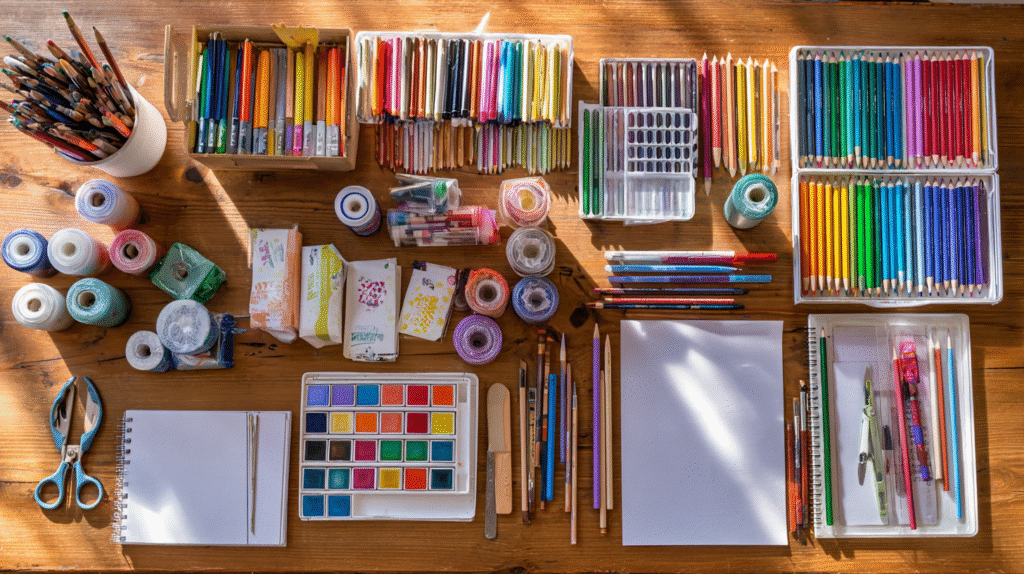
I wish I could say the shift came quickly. The truth is, even years later, I still had moments that tested my resolve. There were days I walked out of group, sat in my car, and felt overwhelmed. Not because I didn’t care — but because I cared so much and sometimes wondered if I was reaching anyone. Those difficult moments shaped my growth as a clinician.
One of my most successful activities became what I call the “drug category game” – having clients categorize mind-altering substances into depressants, stimulants, and hallucinogens. It sounds simple, but it sparked incredible discussions about their experiences while teaching real harm reduction knowledge. I loved it so much I created both digital and paper versions that I now offer on my website.
When I started genuinely looking forward to our time together, they began engaging in ways I never thought possible. The activities I’d been experimenting with weren’t just keeping them busy – they were creating real connection and learning.
When I Knew I’d Made It
The moment I realized my comfort level had genuinely shifted wasn’t when I felt confident – it was when my clients started responding differently. Instead of the usual grumbling and moaning when group time arrived, they began saying things like “that was actually fun” or “I enjoy group.”
Their energy reflected my energy. When I stopped dreading group, they stopped dreading it too. Research consistently shows that group therapy can be as effective as individual therapy for many conditions, and when I started genuinely looking forward to our time together, they began engaging in ways I never thought possible. My experimental activities created real connection and learning. They did more than keep clients busy.
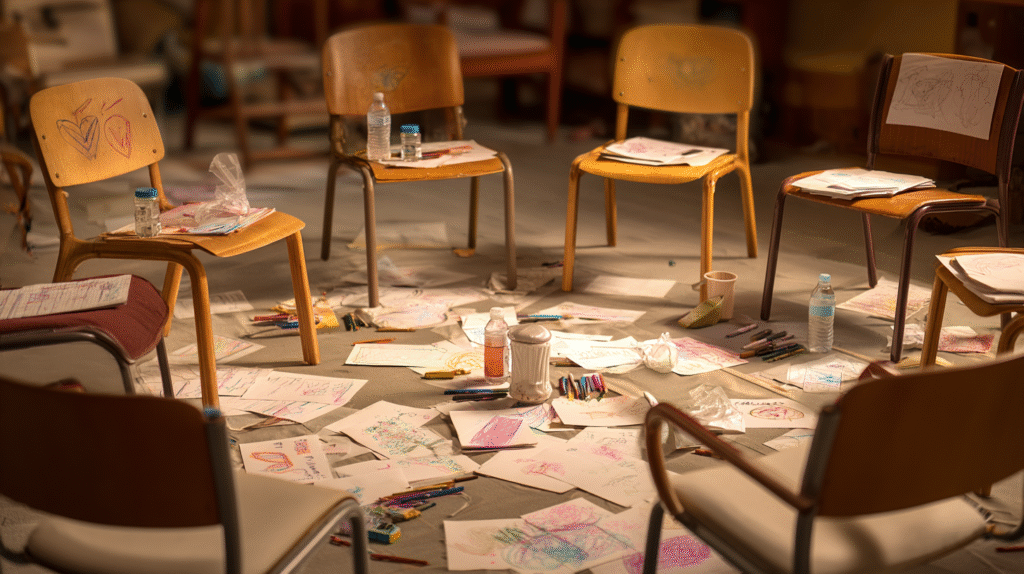
From Practice to Passion Project on “I hate group therapy”
This transformation in my relationship with group therapy was just one example of how proper support can change everything for a clinician. I eventually left practice because I recognized a critical problem: there simply aren’t enough clinicians serving people with substance use disorders. Too many good clinicians burn out or avoid SUD work entirely due to lack of support and resources.
My business addresses this shortage. I support clinicians across all addiction treatment aspects. From intake to discharge. I help new SUD clinicians stay in the field, give mental health therapists confidence to treat mild substance use issues, and create a community where we can all support each other. This kind of support extends to all challenging populations – like my upcoming Justice-Involved Treatment Mastery Series launching October 12th. My interactive boards cover everything from justice-involved populations to assessment tools, along with group activities available for both purchase and as membership benefits.
If you’re reading this and thinking ‘I hate group therapy,’ I want you to know that your feelings are completely valid. Group therapy challenges you. Graduate schools don’t teach these skills. Experience and support build the confidence you need.
Your Path Forward
Start small. Build your confidence one session at a time. Find one simple interactive activity to try this week – even something as basic as having clients draw their mood instead of just talking about it. Notice how your energy affects the room, and be patient with yourself as you learn to navigate the beautiful chaos of group dynamics.
You don’t have to love group therapy overnight. But I promise you, with time and the right support, you might find yourself looking forward to those sessions instead of dreading them.
Ready for more support? Want to explore an interactive group therapy room? I create virtual training environments like this for my members – check out what’s available with membership. Or join the New Clinician Survival Kit series for weekly encouragement as you build your confidence. Follow me on Pinterest for ongoing inspiration and resources that make group therapy feel less overwhelming and more exciting.
Remember: if I could go from hating group therapy to building my entire business around it, there’s hope for your relationship with group too.
“Still dreading that group session on your calendar? What’s one small change you could try this week?”
Welcome to the New Clinician Survival Kit series. Every week, we’ll tackle those brutal thoughts every clinician has. I’m launching physical survival kits soon.
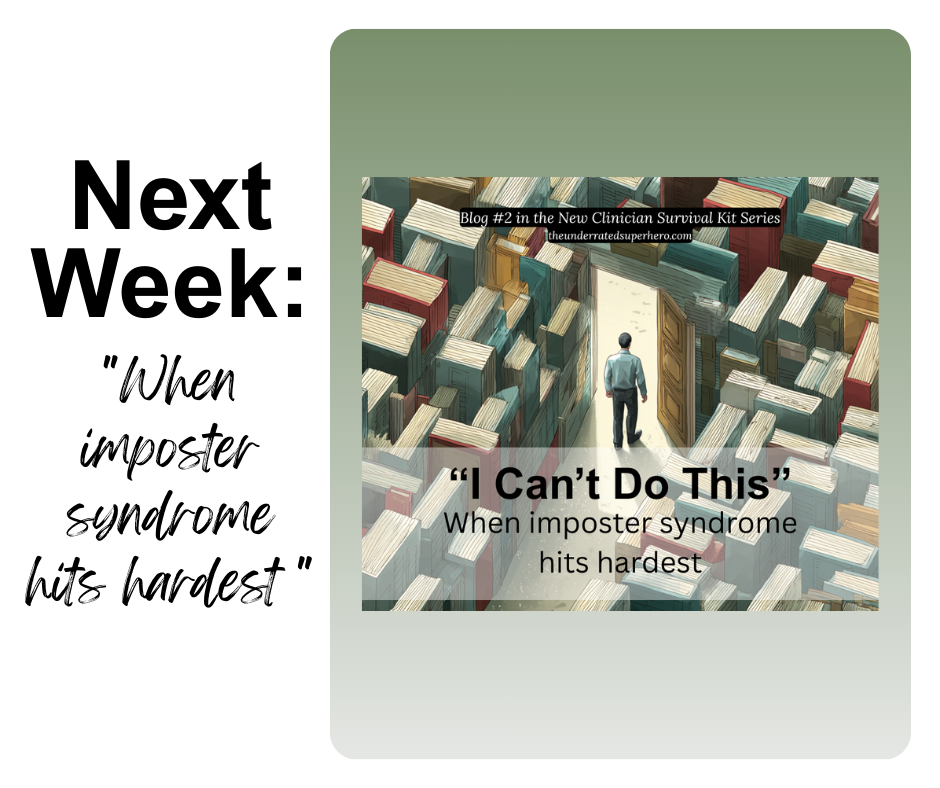
Follow me on Pinterest for ongoing inspiration and resources to make group therapy less overwhelming.


